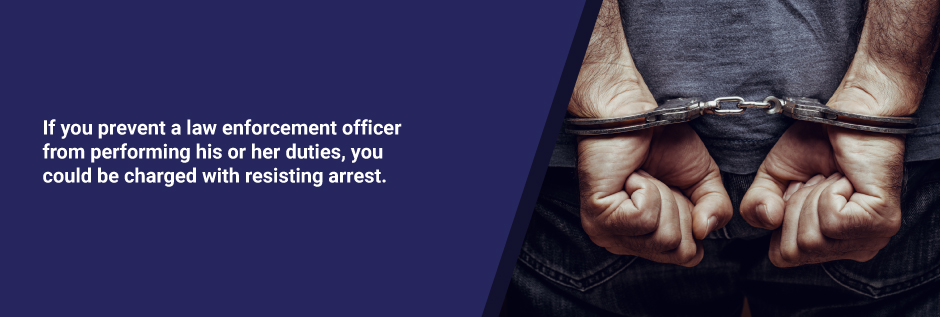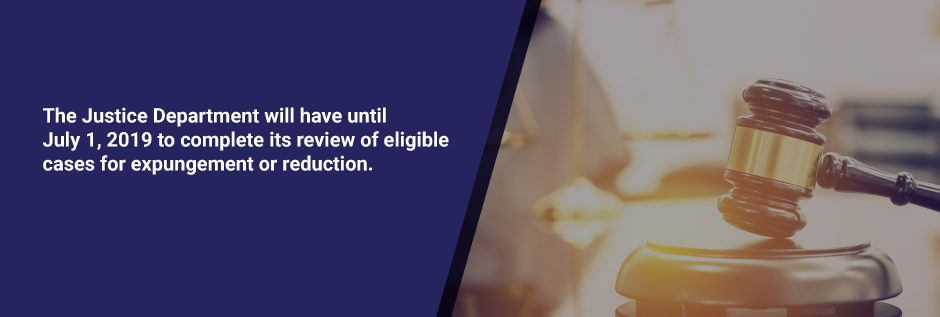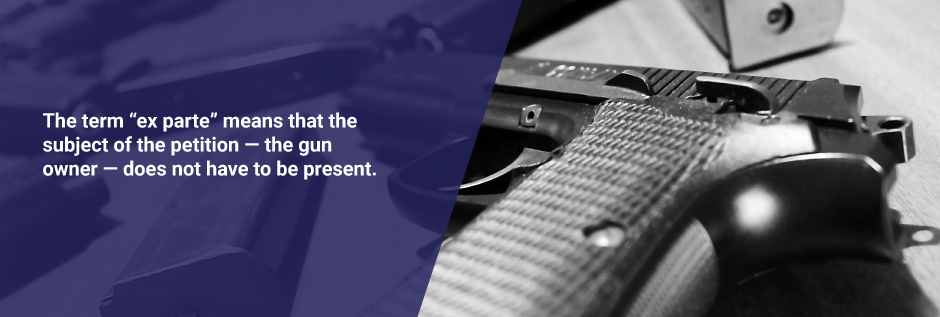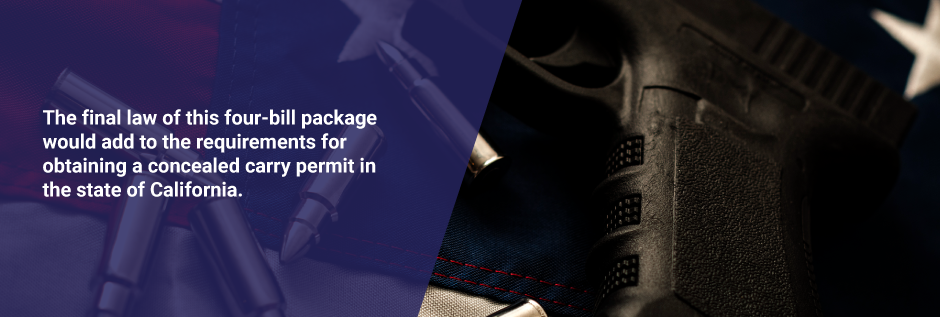What is civil litigation?
Civil litigation is the legal process used to resolve disputes between individuals, organizations, or companies. When a disagreement arises that cannot be settled informally, one party may choose to file a lawsuit in court. Civil litigation covers a wide range of issues, including contract disputes, property disputes, personal injury claims, and more. In a civil litigation case, the parties involved present their evidence and arguments to a judge or jury, who then make a decision based on the law.
Role of a civil litigation lawyer in tenant disputes
Civil litigation lawyers play a crucial role in resolving tenant disputes. They provide legal representation and guidance to tenants involved in legal conflicts with their landlords. Their responsibilities include:
- Advise tenants on their legal rights and obligations.
- Assist in negotiating settlements with landlords.
- Represent tenants in court proceedings if a resolution cannot be reached.
- Help tenants understand complex legal documents and procedures.
- Advocate for tenants to ensure their rights are protected.
Overall, civil litigation lawyers play a pivotal role in supporting tenants throughout the dispute resolution process.
Types of tenant disputes handled by civil litigation lawyers
Civil litigation lawyers handle various types of tenant disputes, including issues related to non-payment of rent, breach of lease agreements, property damage disputes, eviction proceedings, and security deposit conflicts. These lawyers assist tenants in navigating legal complexities and seeking resolutions to their disputes through negotiation, mediation, or, if necessary, litigation.
Understanding your rights as a tenant
Landlords must provide a safe and habitable living environment for tenants. According to the law, tenants have rights that include:
- The right to a safe and habitable living space
- The right to privacy
- The right to proper notice before entering the rented property
- The right to not be discriminated against based on race, gender, or disability
- The right to a reasonable amount of time to pay rent after receiving a notice of eviction
Tenants can seek help from a civil litigation lawyer if they believe their rights as tenants have been violated.
Responsibilities of landlords in tenant disputes
Landlords have the responsibility to maintain a safe and habitable living environment for their tenants. This includes making necessary repairs promptly and ensuring that the property meets all health and safety codes. Landlords are also required to provide proper notice before entering the rental unit and to respect their tenants’ privacy. Additionally, landlords must adhere to the terms outlined in the lease agreement and not unlawfully evict tenants without following the proper legal procedures.
Common legal actions taken in tenant disputes
Landlords commonly take legal actions against tenants in disputes by issuing eviction notices or filing lawsuits for non-payment of rent or damages to the property. Tenants, in turn, may respond by contesting the eviction in court, negotiating with the landlord, or filing a counterclaim for unfair treatment or breach of contract. Understanding the legal process and seeking advice from a civil litigation lawyer can help tenants navigate these situations effectively.
The process of resolving a tenant dispute
During a tenant dispute, the process of resolving the conflict usually involves these steps:
- Communication: The first step is often open communication between the tenant and the landlord to try and address the issue informally.
- Notice: If the issue remains unresolved, the landlord may provide written notice to the tenant outlining the problem and potential solutions.
- Mediation: In some cases, a third-party mediator may assist in facilitating a discussion and finding a mutually agreeable resolution.
- Legal Action: If all else fails, seeking legal advice or evoking the help of a civil litigation lawyer may be necessary to navigate the legal process and reach a resolution.
Conclusion and next steps
Now that you know what to expect in landlord-tenant disputes, it’s time to take action. Contact a reputable lawyer specializing in landlord-tenant litigation to discuss your case and explore your legal options. Be prepared to provide all relevant documentation and information to help your lawyer assess your situation accurately. Remember, knowing your rights is the first step towards resolving tenant disputes effectively. Consultation is usually the next step, allowing your lawyer to evaluate your case thoroughly and recommend the best course of action to protect your rights.






















